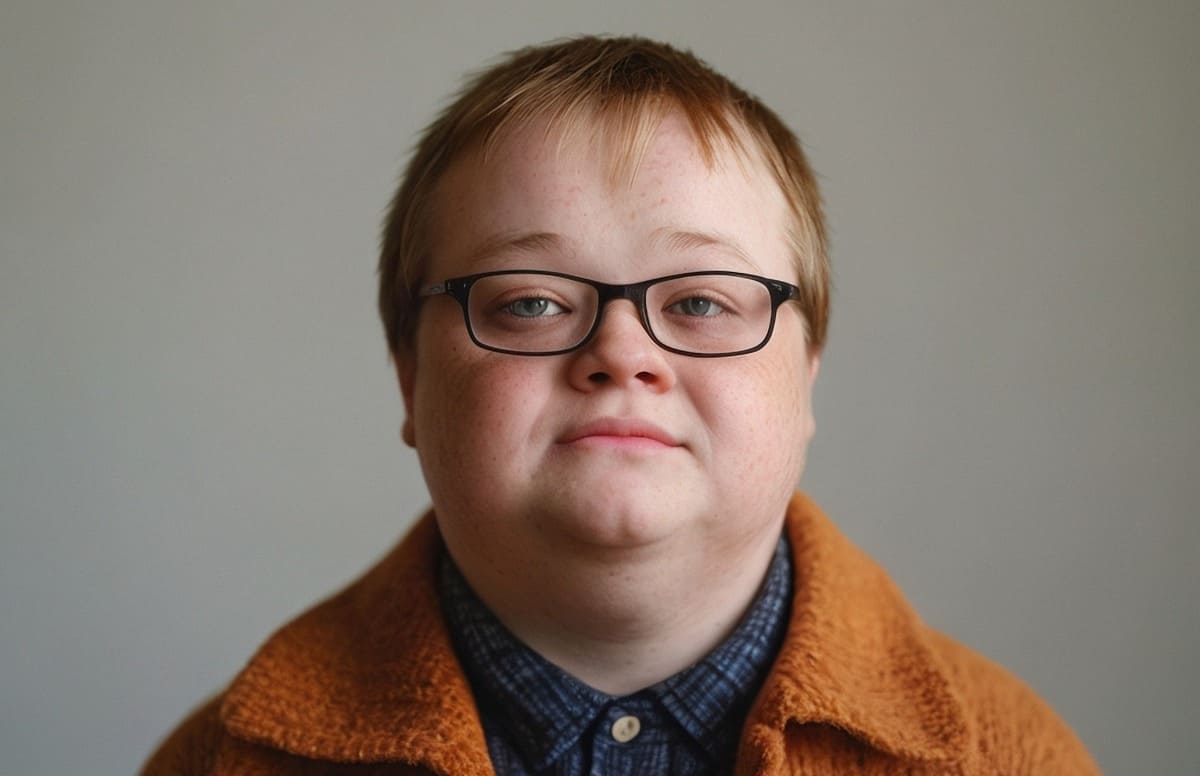Living locked up in a room of a few square meters, for months, without any social interaction: this is Hikikomori syndrome. This phenomenon, which mostly affected young Japanese, is gaining scale in Europe.
Hikikomori syndrome appeared in Japan in the early 1990s. This word, derived from the Japanese verb hikikomoru, “close”, refers to people who have been socially isolated, voluntarily, for a period of more than 6 months.
Hikikomori syndrome mainly affects young men aged 15 to 35, whose social retirement duration averages two years. Young people affected by this disorder live in confinement, without connection with the outside or daily rhythm, limiting their contacts with their surroundings to a strict minimum. They have no close friends or do not see them anymore. Depending on the case, there may also be the abolition of all social participation such as studies or work.
A silent but real phenomenon
At the root of this syndrome are difficulties for young adults to invest in the society that surrounds them, to evolve in it and to find their place in it. This social retreat is increasingly implanted in the West, following successive crises. Also seen as a protective mechanism for the world around them, this syndrome worries psychologists who ring the alarm.
“This is a silent but real phenomenon that has led us to open a specific consultation since 2017. We do not talk about these young people, because they do not bother anyone: they stay at home where their parents provide them materially in a often terrible loneliness,” psychologist Mitra Krause explains in the columns of the newspaper L’Humanité.
Symbol of a crisis society
According to InforJeunes, young adults who may be affected are highly sensitive and may feel lost in the face of society’s injunctions. Managing a career, family relationships, being healthy, being a good citizen… InforJeunes talks about Hikikomori as the symbol of a society in crisis.
Mental health disorders have increased in recent years, since the pandemic. According to Statbel, the mental health of the Belgians had been negatively affected by the majority of the population (52.3%). Since then, the situation has worsened, with more and more individuals suffering from anxiety disorders or depression. But school or professional failure, a breakup in love or psychological disorders can also be the cause of the syndrome. Daily social interactions, such as answering the phone, running or socializing with people outside the home, appear to be insurmountable and cause great panic.
What to do?
If a loved one is anxious or panicked by the simple situations of everyday life and has a tendency to shut himself down, it is necessary to be vigilant. Any signs of self-determination, social withdrawal or disengagement from the outside world are symptoms to be taken seriously.
InforJeunes states: “If you suffer from this syndrome or if you know someone who suffers from it, know that there is no shame to have. You have the right to feel disadvantaged about the world around you, and to want to get rid of the daily pressure.” To heal, the individual will need support, evaluation and psychological follow-up, but may also benefit from group therapies or socialization activities.







